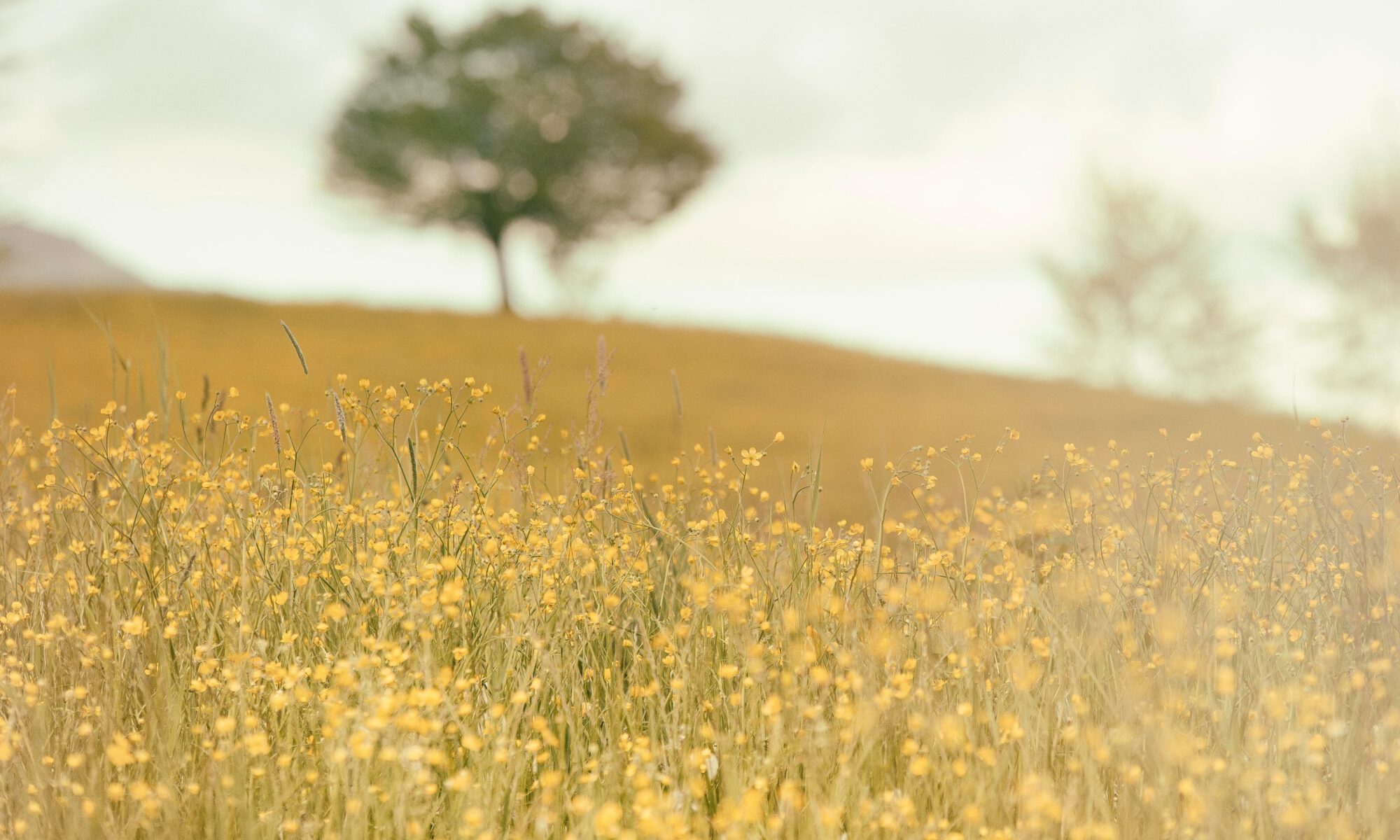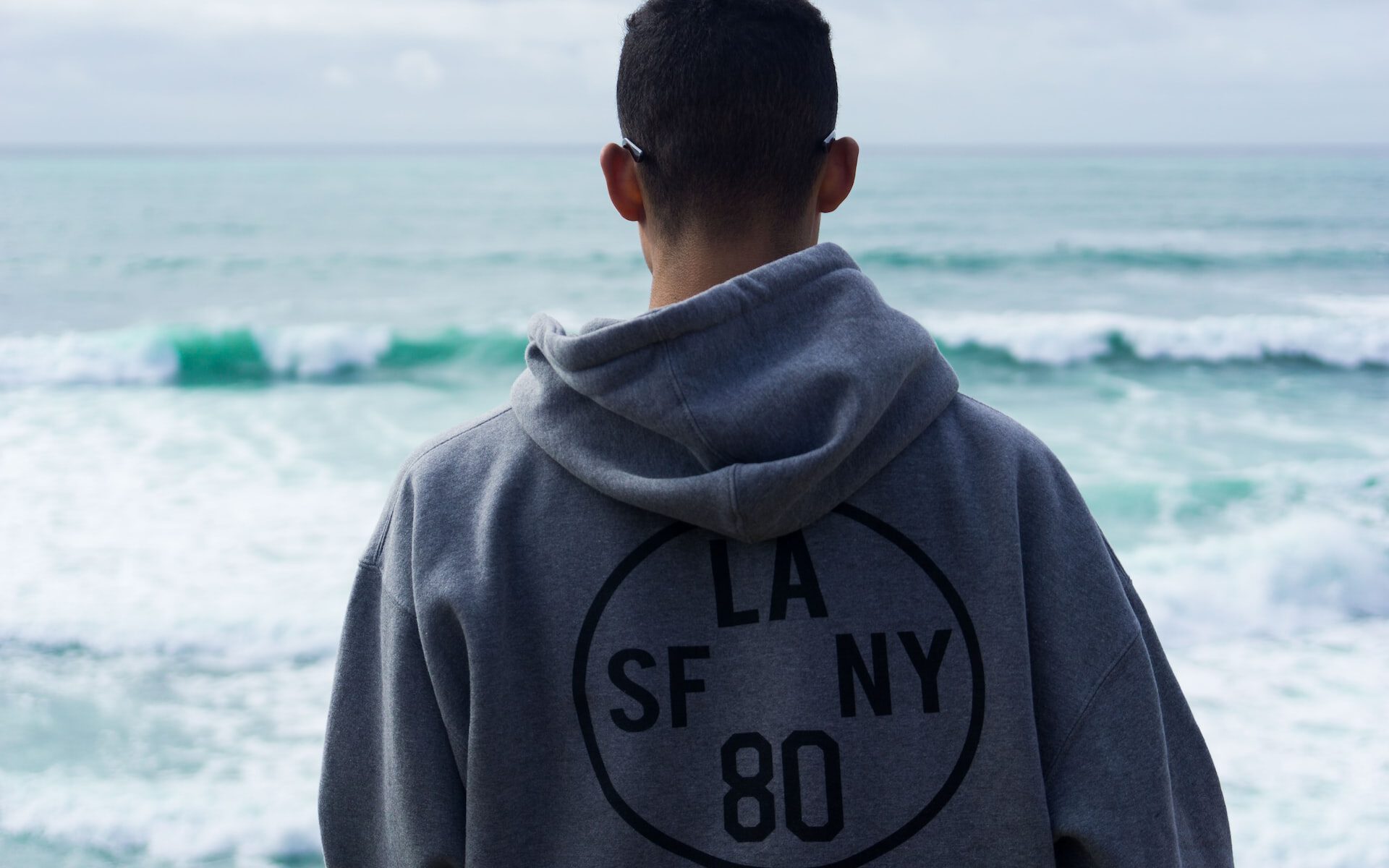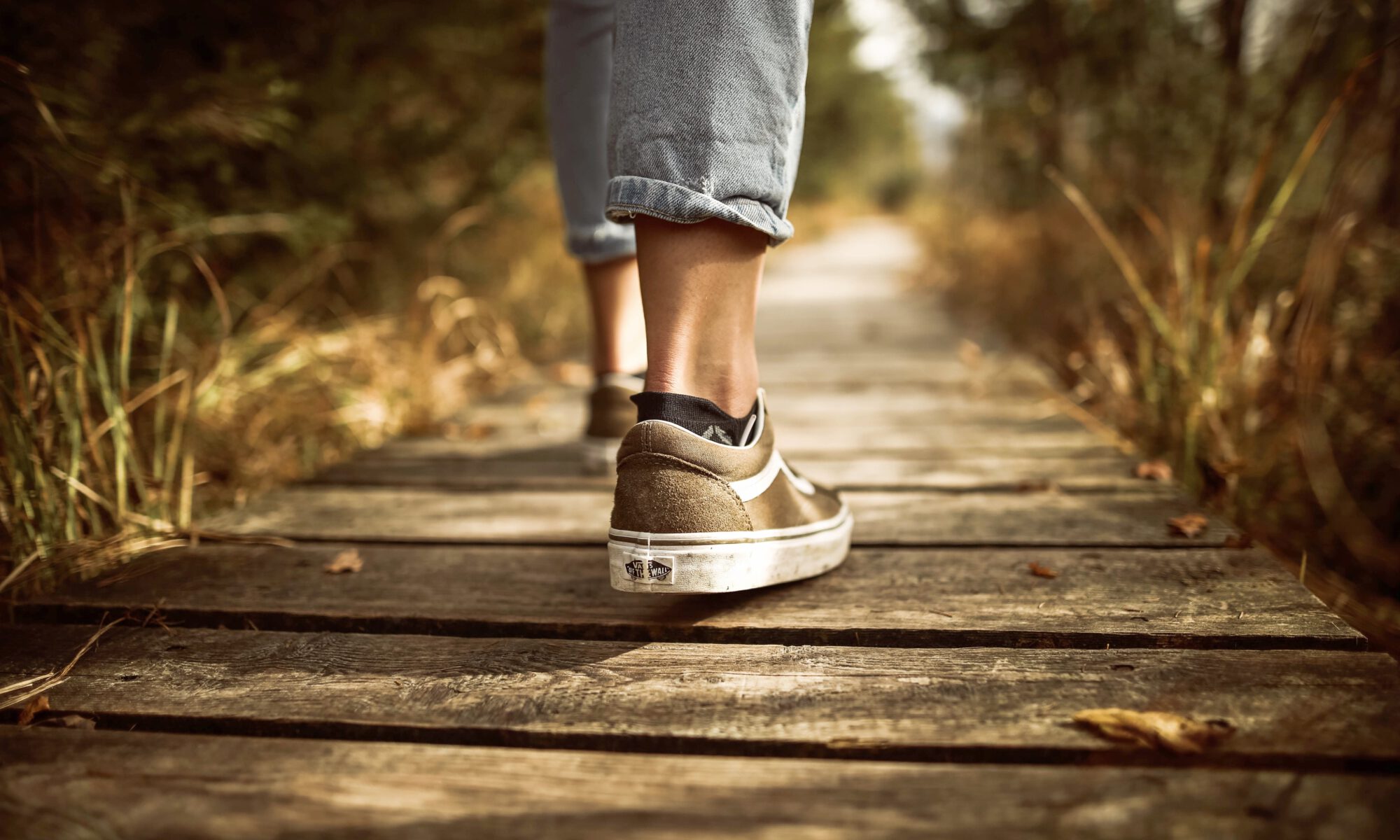In the pursuit of a sustainable lifestyle aligned with the 1.5-degree climate target, the fashion industry plays a crucial role. The Hot or Cool Institute recently conducted a study to explore how we can achieve a sustainable approach to clothing. Their report highlights the pressing need for change and provides valuable insights. This article aims to summarize the key findings and outline effective strategies for transitioning to a more eco-friendly wardrobe. Continue reading “Embracing the 1.5 Degree Lifestyle: Sustainable Changes in Clothing Consumption”
Being informed matters. Information literacy as game changer for sustainable fashion behaviour.
At autark.berlin we are aiming at fostering information literacy to strengthen consumers in Europe. In this article we discuss the role of information literacy for sustainble fashion consumption and give insights how to improve it.’
Continue reading “Being informed matters. Information literacy as game changer for sustainable fashion behaviour.”
How can I reduce the ecological impact of my fashion consumption?
Negative impacts of our (over)consumption on the environment are severe. Fortunately, there are alternative actions that each of us can easily take. In the blog post we present a short overview of the negative impacts of fashion industry and what everyone of us can change. Continue reading “How can I reduce the ecological impact of my fashion consumption?”
How can I dress in a regenerative way?
As consumers, we have the power to make a positive impact on the environment and society through our clothing choices. Regenerative fashion is an emerging movement that seeks to create a more sustainable and ethical approach to fashion. This article will explore how you can dress in a regenerative way, highlighting best practices and the concrete impact it can have on the environment and society. Continue reading “How can I dress in a regenerative way?”
Sufficiency in clothing consumption: why less is often more
In a world where fast fashion is part of everyday life and the shelves are filled with ever new collections, it is easy to lose track of our clothing consumption. But more and more people are coming to terms with the impact of our consumption and looking for more sustainable alternatives. One of these is sufficiency in clothing consumption – a concept that focuses on conscious consumption and reduction. Continue reading “Sufficiency in clothing consumption: why less is often more“
Sustainable fashion consumption in Europe
Sustainable fashion consumption in Europe is characterised by a conscious and responsible relationship to the purchase and use of clothing. This includes aspects such as Continue reading “Sustainable fashion consumption in Europe”
Have a closer look at outdoor fashion
When we go out into nature and go on an adventure, we want to be highly functionally equipped so that we don’t freeze, get wet and can still move sportily and well. Unfortunately, a large part of outdoor fashion consists of materials that are neither good for us nor for nature. Let’s take a closer look.
Take a closer look at sweatwear
Sweatwear is now available everywhere and in all colours. It is worn by young and old, in leisure time and on the executive floor, with and without a hood. Precisely because it is so popular, let’s take a closer look at how we can live sustainably in and with jumpers. Continue reading “Take a closer look at sweatwear”
Have a closer look at sneakers
Sneakers have become a lifestyle product and it’s hard to imagine our wardrobe without them. They are mostly super comfortable and presentable. More and more brands are focusing on sustainable sneakers. What is behind it and what does it actually depend on? Continue reading “Have a closer look at sneakers”
Vegan, baby
I’m not sure that with all our sustainability efforts, the majority of us are aware of what’s in our clothes: Birkenstocks made of leather, shaving brushes made of badger hair, hip down jackets made of goose feathers – all sustainable. It depends on how you look at it. All these things contain materials of animal origin. Is vegan the more sustainable alternative? Continue reading “Vegan, baby”











